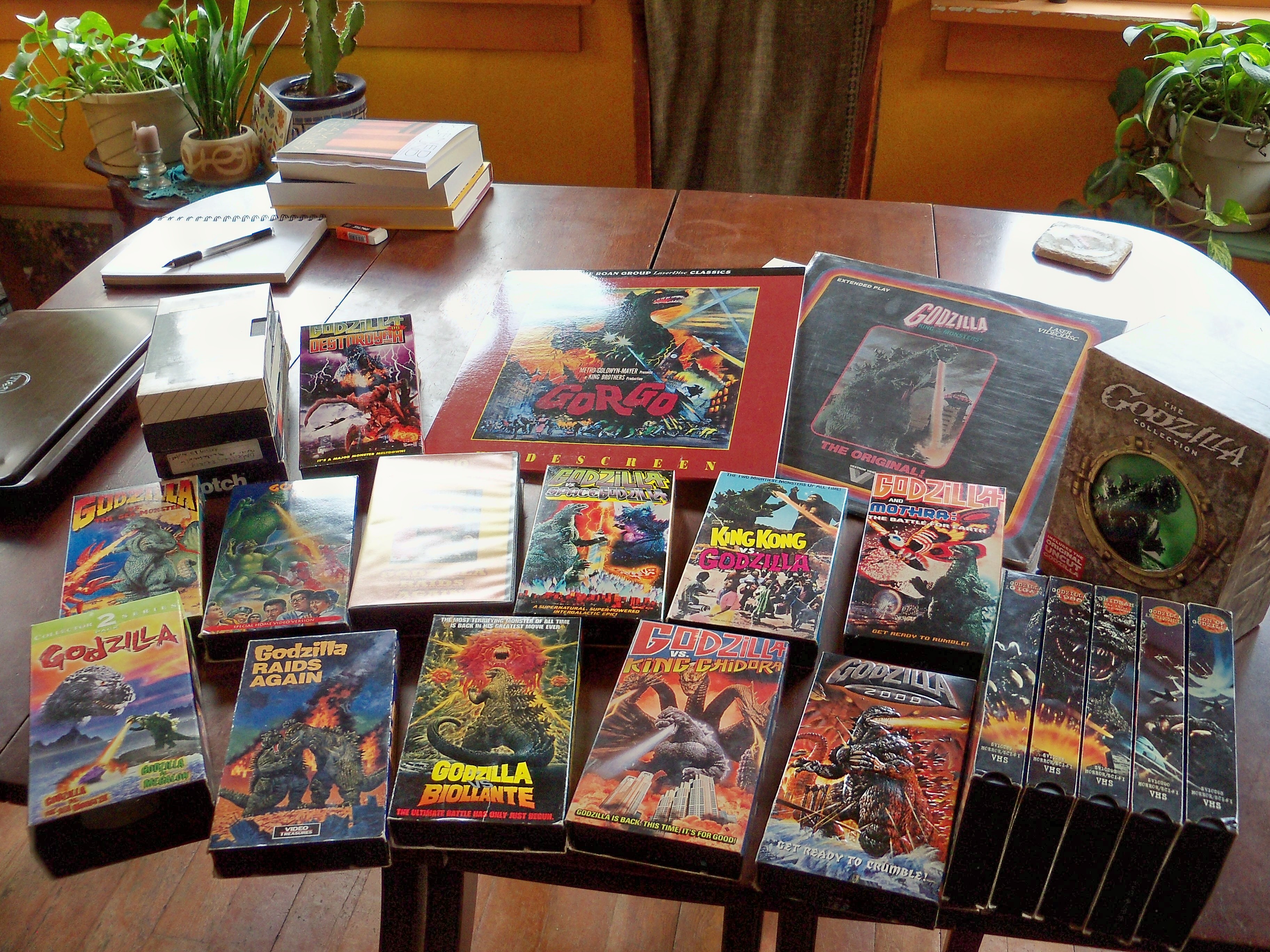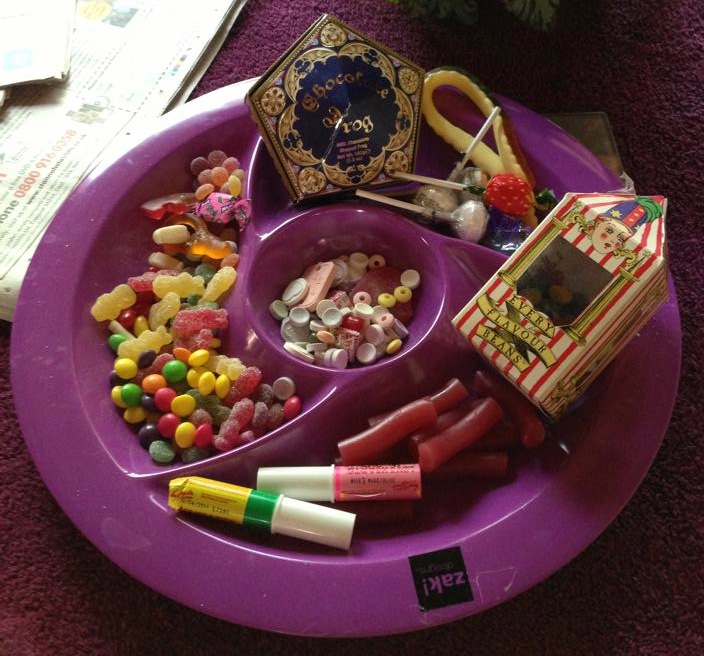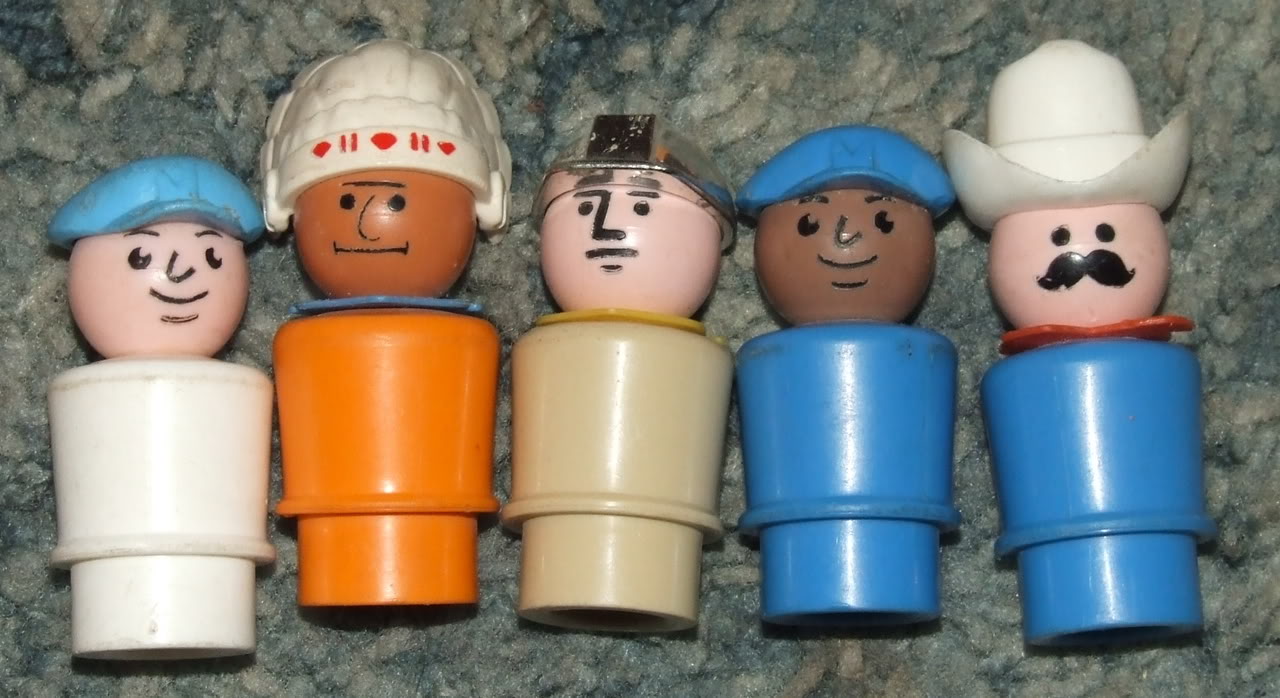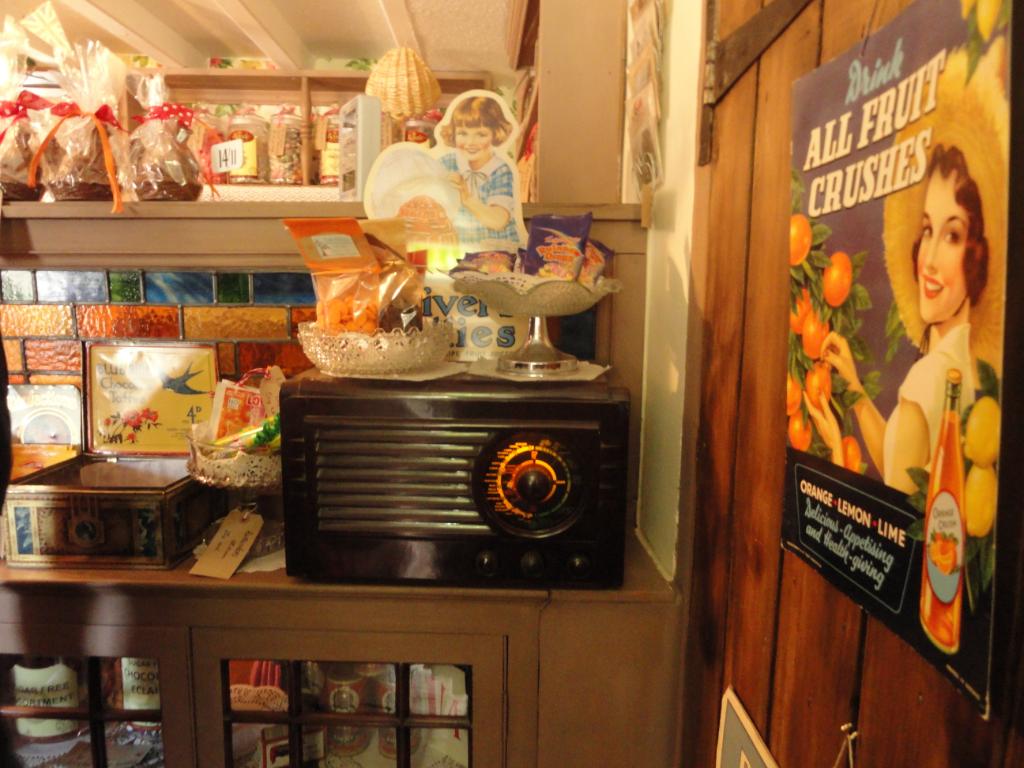Where is the line drawn? (Because of the inherent power difference between parents and children, when is a parent persuading instead of manipulating?)I responded:
It's different every time in each dyad. Some parents manipulate all the time. It is neither ideal nor illegal. Some parents never manipulate nor even learn to persuade, to the point that they are what is called "walked on" and marginalized by even their own family.
In the middle is a balance point and that will be different in different circumstances.
If I see one of my boys getting emotionally involved with a girl who seems desperately needy to have a baby to get away from her family, that would call for more commentary and discouragement than if he's liking a girl who seems calm and thoughtful and balanced. To declare in advance a rule about how I will be in future unseen circumstances would be to turn off my own freedom and judgment.
Living by principles and not by rules, as I try to do, having a rule about what is and what isn't violates my principles.
Sandra
photo by Rippy Dusseldorp



















